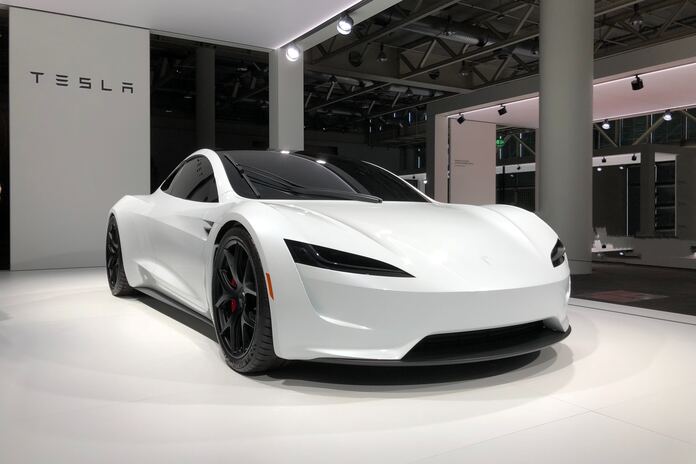Electric vehicle (EV) sales in the United States are poised to achieve a historic milestone this year, comprising an anticipated 9% of all passenger vehicle sales, as reported by Atlas Public Policy. This marks a notable increase from the 7.3% share observed in 2022. The forecast suggests that the U.S. is on track to surpass one million EV sales in a single calendar year for the first time, likely reaching between 1.3 million and 1.4 million cars.
While these figures underscore significant progress in the electrification of the automotive industry, the United States still lags behind leading nations such as China, Germany, and Norway. In the first half of 2023, EVs captured 33% of sales in China, 35% in Germany, and an impressive 90% in Norway, according to the BloombergNEF EV outlook published in June. These statistics encompass both battery electric vehicles and plug-in hybrid EVs.
The disparity in adoption rates is attributed to ambitious government targets for zero emissions, favorable vehicle tax incentives and subsidies, as well as the availability of affordable EV options in these countries.
A substantial drop in prices has been a key factor propelling the growth of EV adoption in the U.S. throughout the year. Tesla (NASDAQ:TSLA), a dominant player in the EV market, implemented multiple price reductions for its popular models, prompting other automakers to adjust their pricing strategies. Increased incentives and deeper discounts by dealers have further stimulated consumer interest, particularly as EV supply continues to expand.
The Inflation Reduction Act, which augmented tax credits for qualifying new and used EV purchases, has played a pivotal role in reducing costs for buyers by $3,750 or $7,500, contingent on specific requirements. Additionally, the decreasing costs of electric car batteries, attributed to the declining prices of critical materials like lithium, have contributed to the growing affordability of EVs.
Despite these positive trends, challenges persist for potential EV buyers in the U.S. While the market share of EVs is steadily increasing, obstacles such as unreliable and inaccessible public charging infrastructure, coupled with the higher upfront cost of EVs, remain deterrents. According to BloombergNEF, new EVs still command an average premium of $3,826 over conventional vehicles, with an average price of $51,762 compared to $47,936 for non-EVs, as estimated by Kelley Blue Book.
Efforts to address infrastructure challenges include major automakers adopting Tesla’s charging technology. Tesla’s North American Charging Standard, coupled with its robust public charging network, is being embraced by other manufacturers. This move is expected to enhance charging options for non-Tesla EV drivers, but tangible effects may not be felt until 2025.
Concerns over a potential slowdown in the EV market are also prevalent within the industry, with some automakers, including Ford Motor Co. and General Motors, revising their electrification targets. Concurrently, foreign automakers, particularly those from China, are intensifying their efforts to enter the U.S. market.
Several U.S. states, including California, Washington, and New Jersey, have set ambitious targets for zero-emission vehicle sales. California and Washington aim for 100% zero-emission new vehicle sales by 2035, while New Jersey plans to ban the sale of new gas-powered vehicles by the same year.
Featured Image: Unsplash @ Tesla Fans Schweiz

















